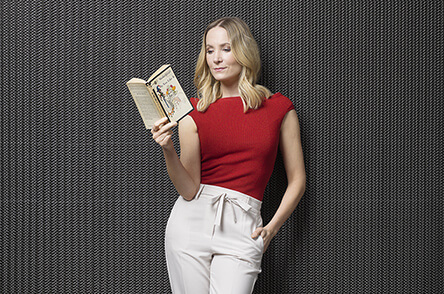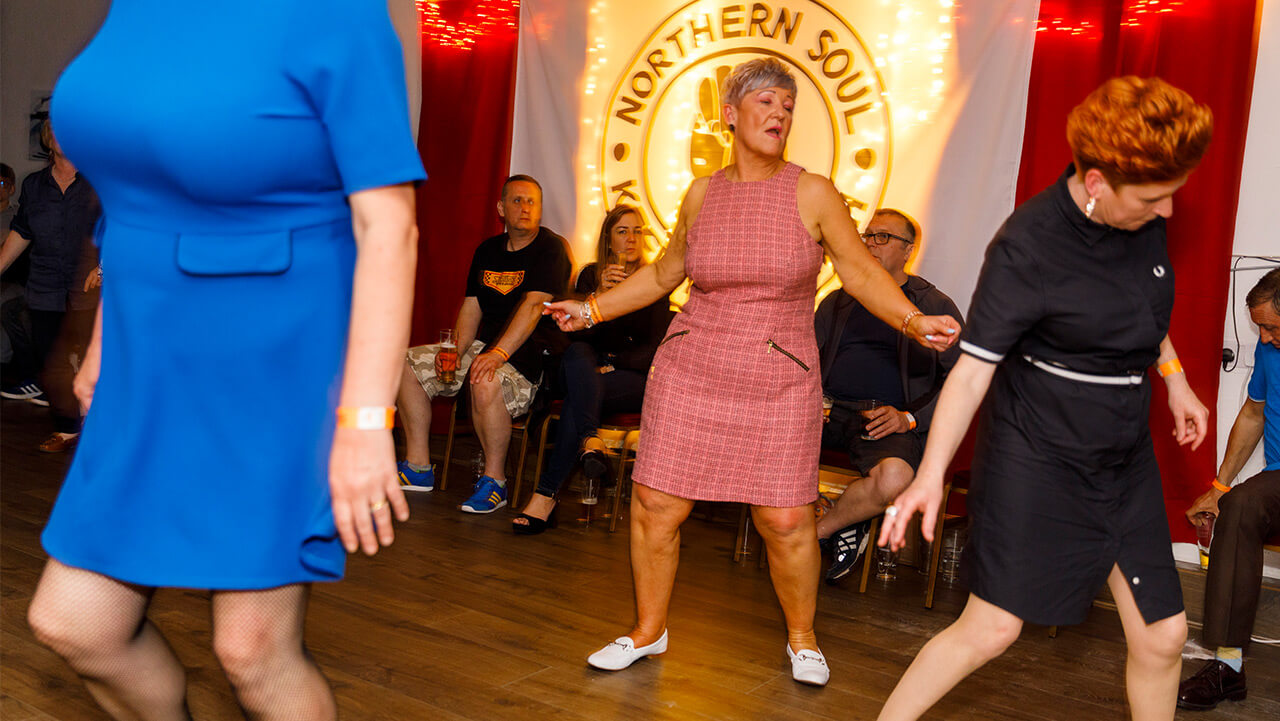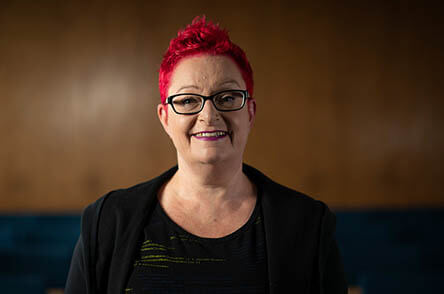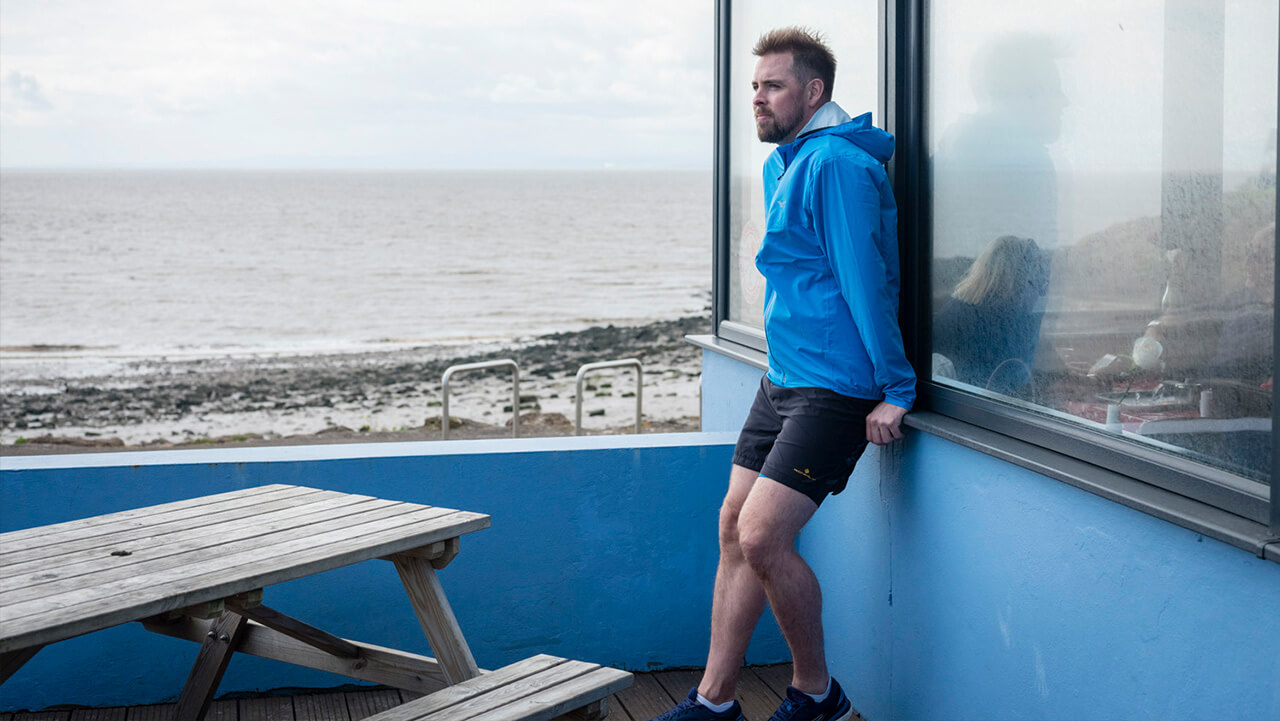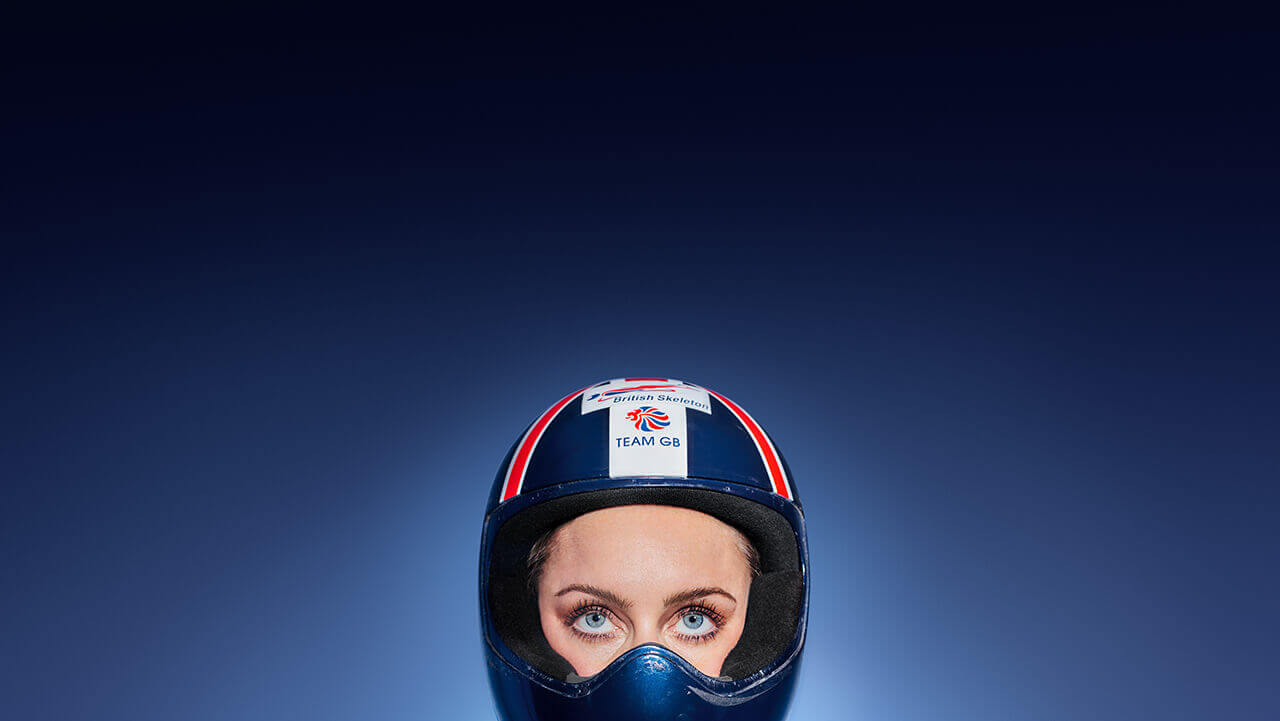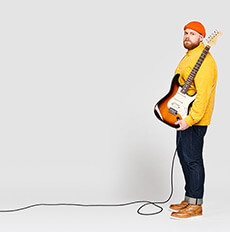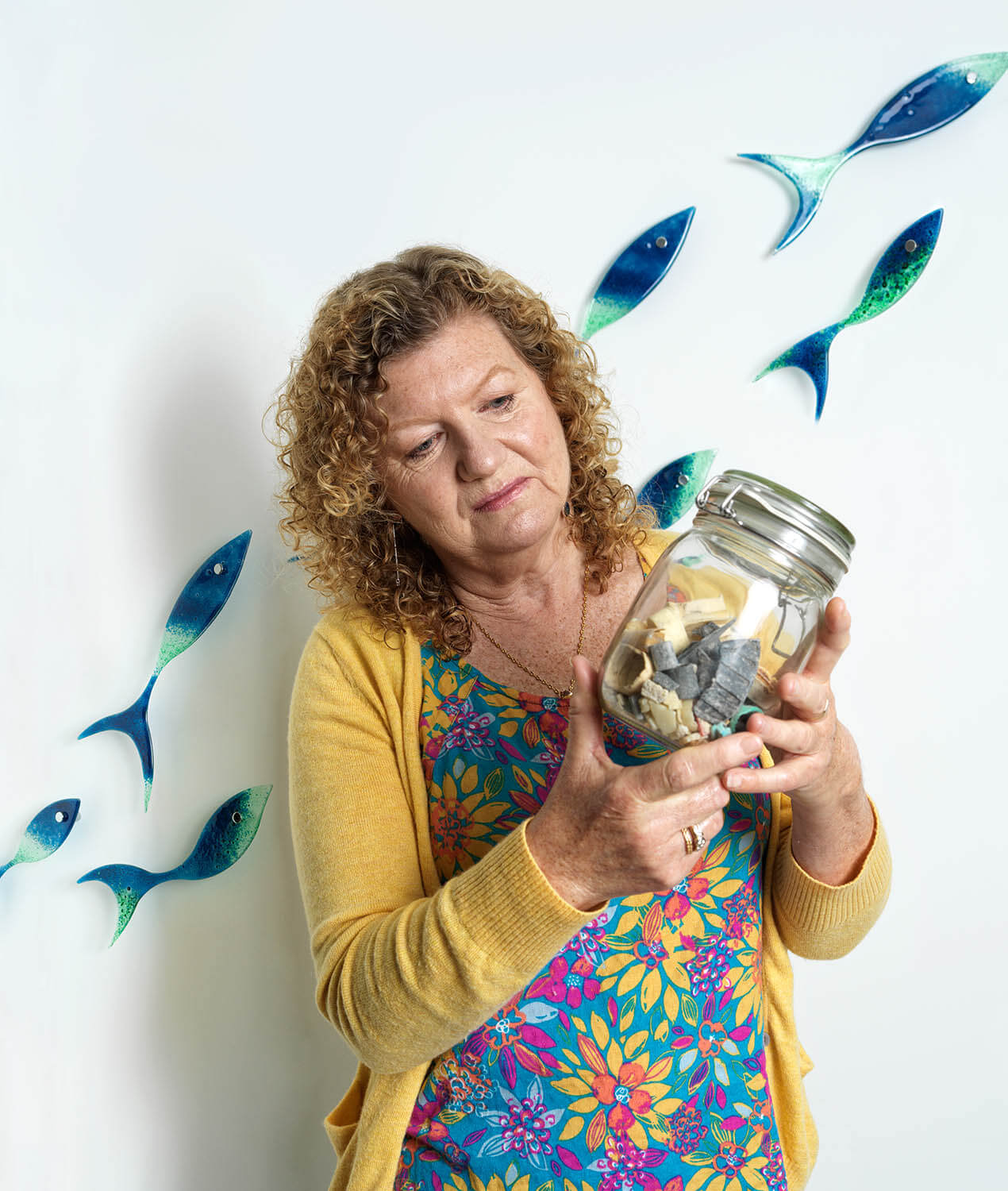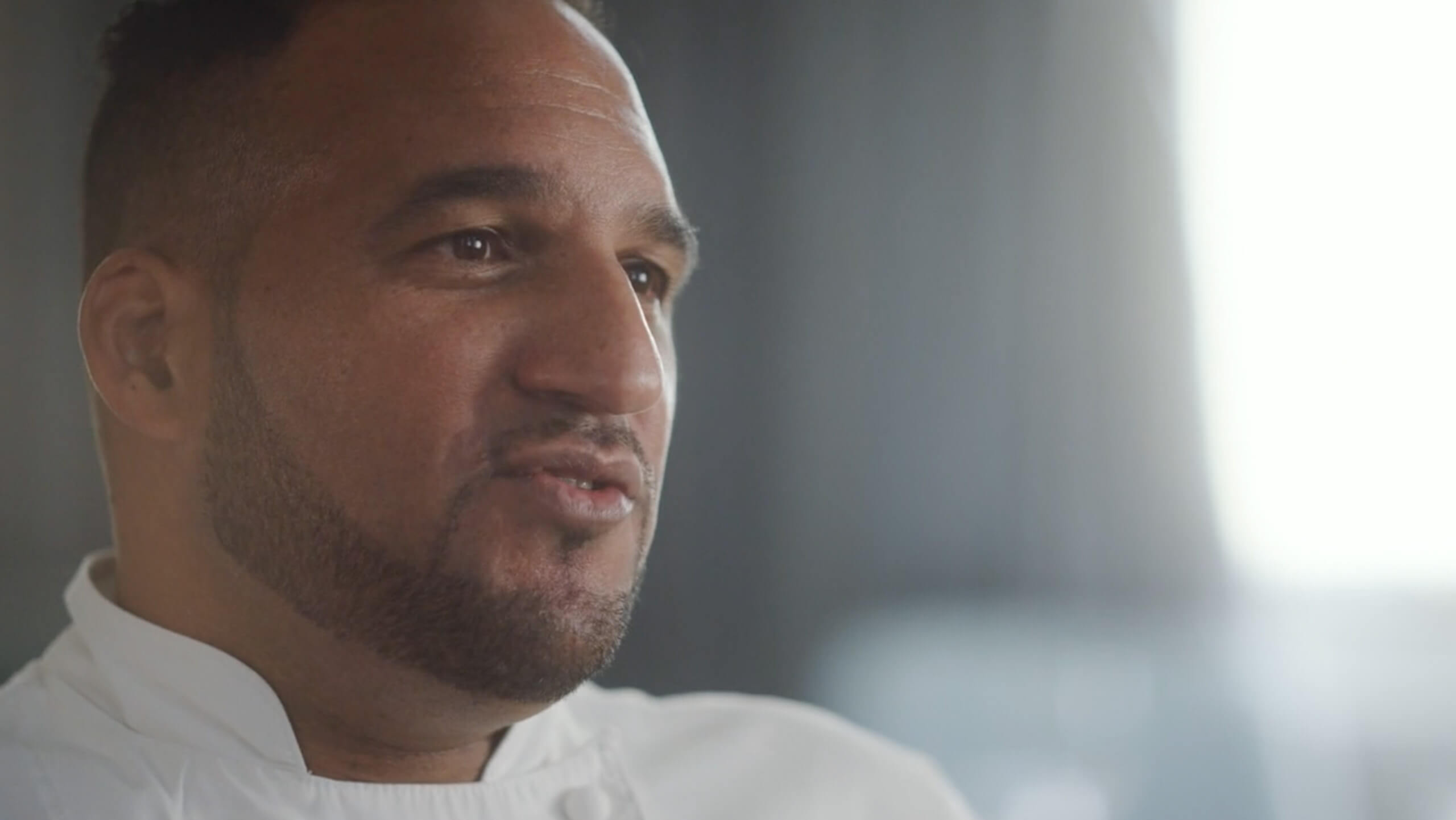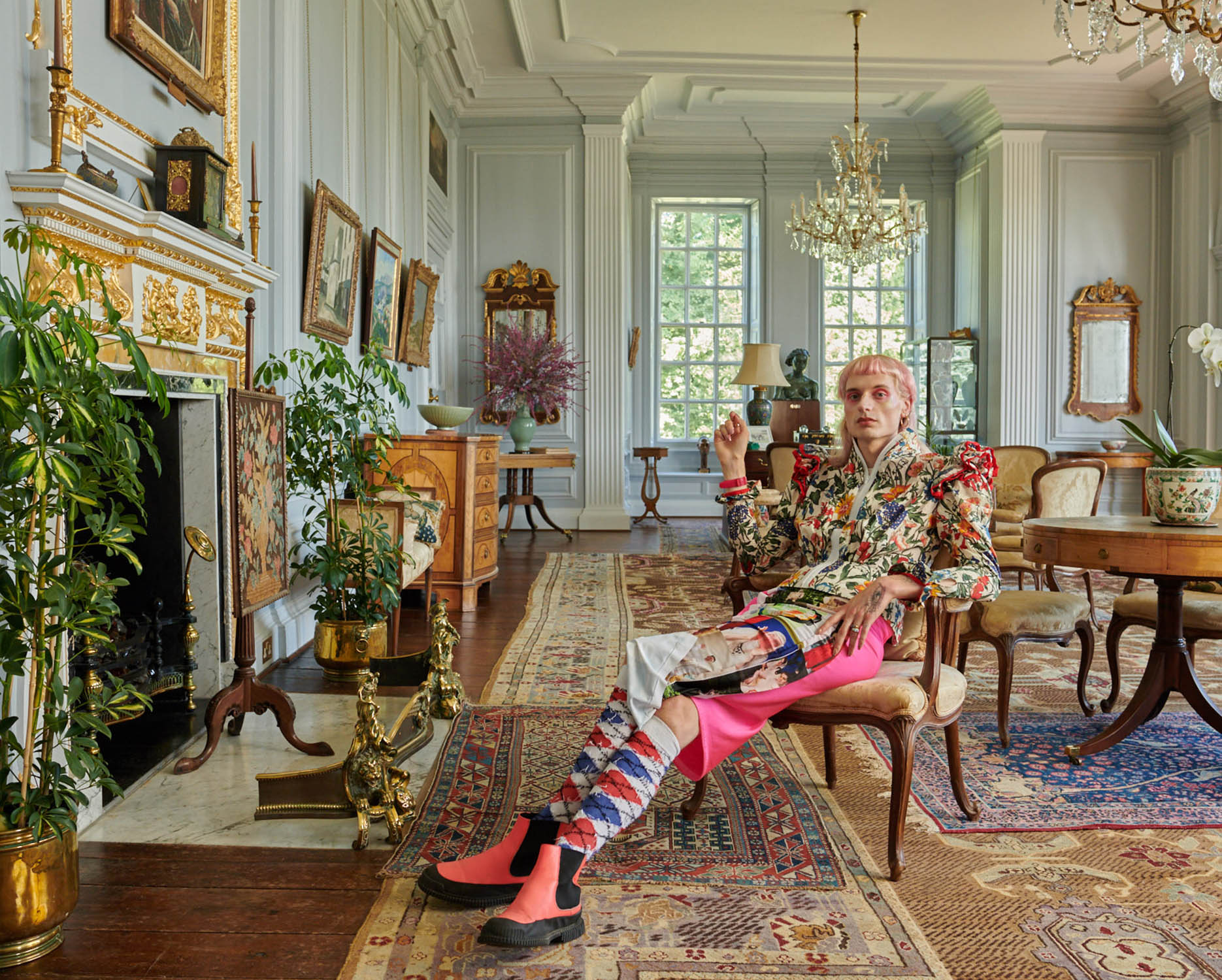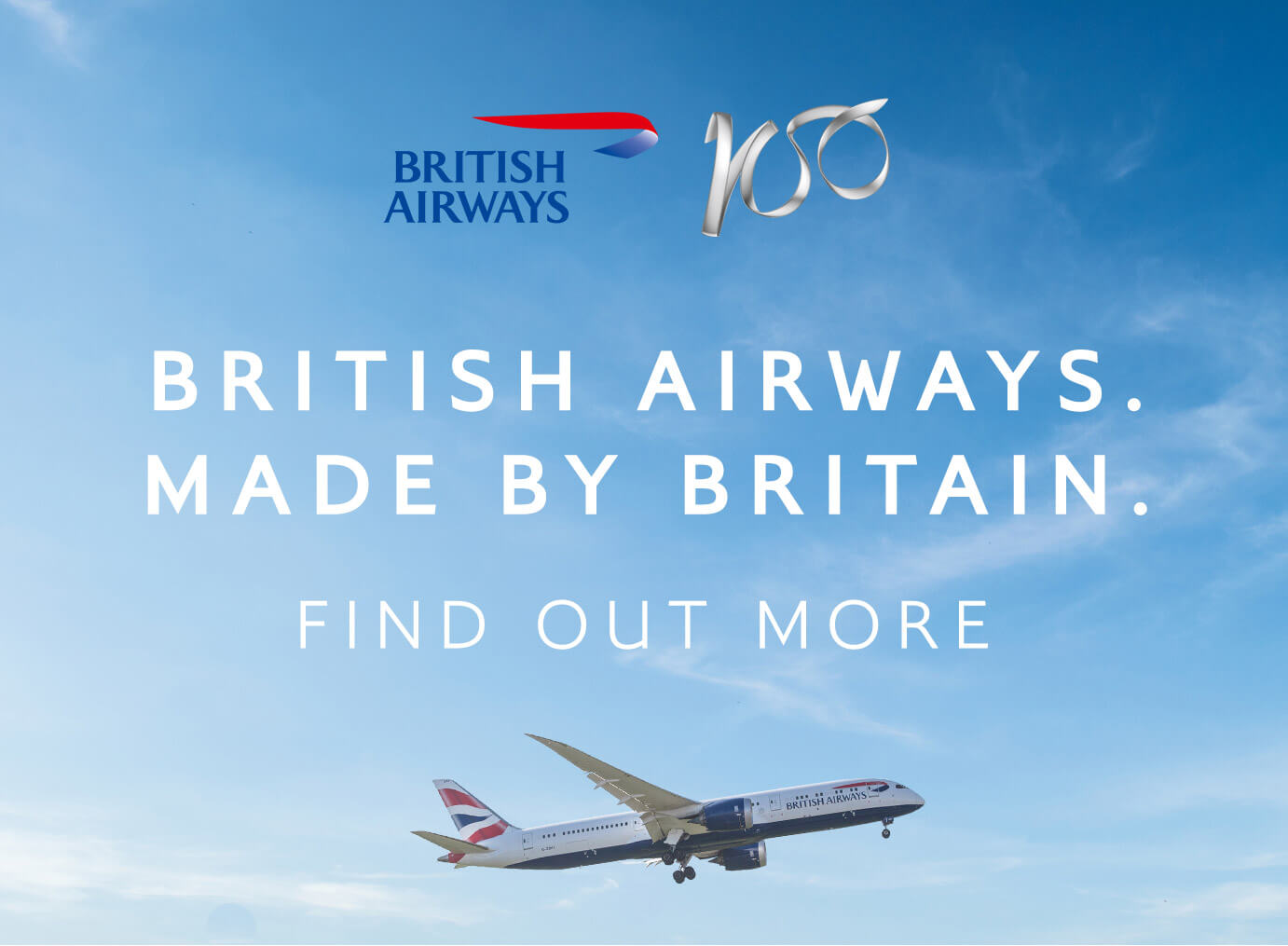Are Britain and America really “two nations divided by a common language”? As British Airways celebrates its centenary year by curating a list of the pioneering people shaping modern Britain, we present the case for cultural connectivity – and the avoidance of “amerilexicophobia”
In the modern world, people and ideas travel faster than ever before. When BOAC, a forerunner of British Airways, launched the first regular commercial service between London and New York in 1946, the flight time was 19 hours and 45 minutes via Shannon or Gander airport. Now the journey takes less than eight hours direct.
Social media is quicker still. Never were Churchill’s words truer that “a lie can travel halfway around the globe before the truth can get its boots on”. Only he didn’t actually say this, which is ironic in the circumstances. Similarly, George Bernard Shaw may not have said that “Britain and America are two nations divided by a common language”, but everybody thinks he did. And unlike not-Churchill’s phrase, this notion is probably false as well.
Britain and America are united not only by a common language, but by common culture
Britain and America are united not only by a common language, but by common culture. Air travel assisted the extraordinary cross-pollination of British with American rock music in the 1970s: from the Rolling Stones adding country, folk and gospel to their existing love of the blues on Exile on Main Street; through David Bowie embracing Philadelphia Soul on Young Americans; to Malcolm McLaren bearing the fiery nihilism of the New York music scene back to London like some punk Prometheus in order to forge the Sex Pistols. Now, thanks to music streaming services, all music from everywhere is available instantly.
In film and TV, too, the synchronising of Hollywood’s international release schedules and the rise of modern streaming services mean that the two countries are often entertained by the same thing at the same time. The Marvel Universe is, if nothing else, universal. There are other happy exchanges: British writers gave America The Office and Killing Eve; they gave us back Game of Thrones and The Walking Dead. We produced Emily Blunt and James Corden; America made Tom Hanks and Beyoncé.
And it is not just through our shared love of screens that our cultures unite. Henry James was writing about the compelling connection between Britain and America more than 100 years ago, and he became a good example of a creative figure welcomed on both sides of the Atlantic. The thriller writers Raymond Chandler and Lee Child, creators of the true hard-boiled American heroes Philip Marlowe and Jack Reacher respectively, were both brought up in England. Conversely that most English of authors, PG Wodehouse, lived the last 30 years of his life in New York.
This mix of influences is reflected in the list of luminaries being curated by British Airways in its 100th anniversary year to celebrate its past and look to the future: British actors who move with ease from BBC TV or the West End stage to Hollywood blockbusters; scientists who build on shared discoveries from across the ocean; environmentalists who think on a global scale. People who are forward looking, pioneering and inclusive. Not just Britons, but Modern Britons.
At its best, Britain is multi-hued and mobile, picking up the best things from the world that surrounds it
Of course, both countries retain certain prejudices about each other, and, in Britain particularly, suspicions of a linguistic nature. There is even a word for it: “amerilexicophobia”, the fear that the pure mother language is being corrupted. In fact, this is poppycock (a word most Americans think is British, but is actually American, from a Dutch phrase meaning “doll poo”). All languages shift and change constantly, and many “Americanisms” that make the Brit upper lip twitch are indeed British in origin: sidewalk instead of pavement, trash rather than rubbish and fall instead of autumn. “Stiff upper lip” is, you’ll be pleased to hear, from America.
One of the strengths of Britishness is its ability to travel outwards, and to change inwardly. Churchill – who, we must remember, was not an unalloyed hero all of the time – once was concerned that a multicultural Britain would become a “magpie society”. He was wrong to see it as a bad thing. Just as America has traditionally prided itself on being a melting pot, Britain at its best is magpie-like: multi-hued and mobile, picking up the best things from the world that surrounds it. United by common humanity with everybody else.
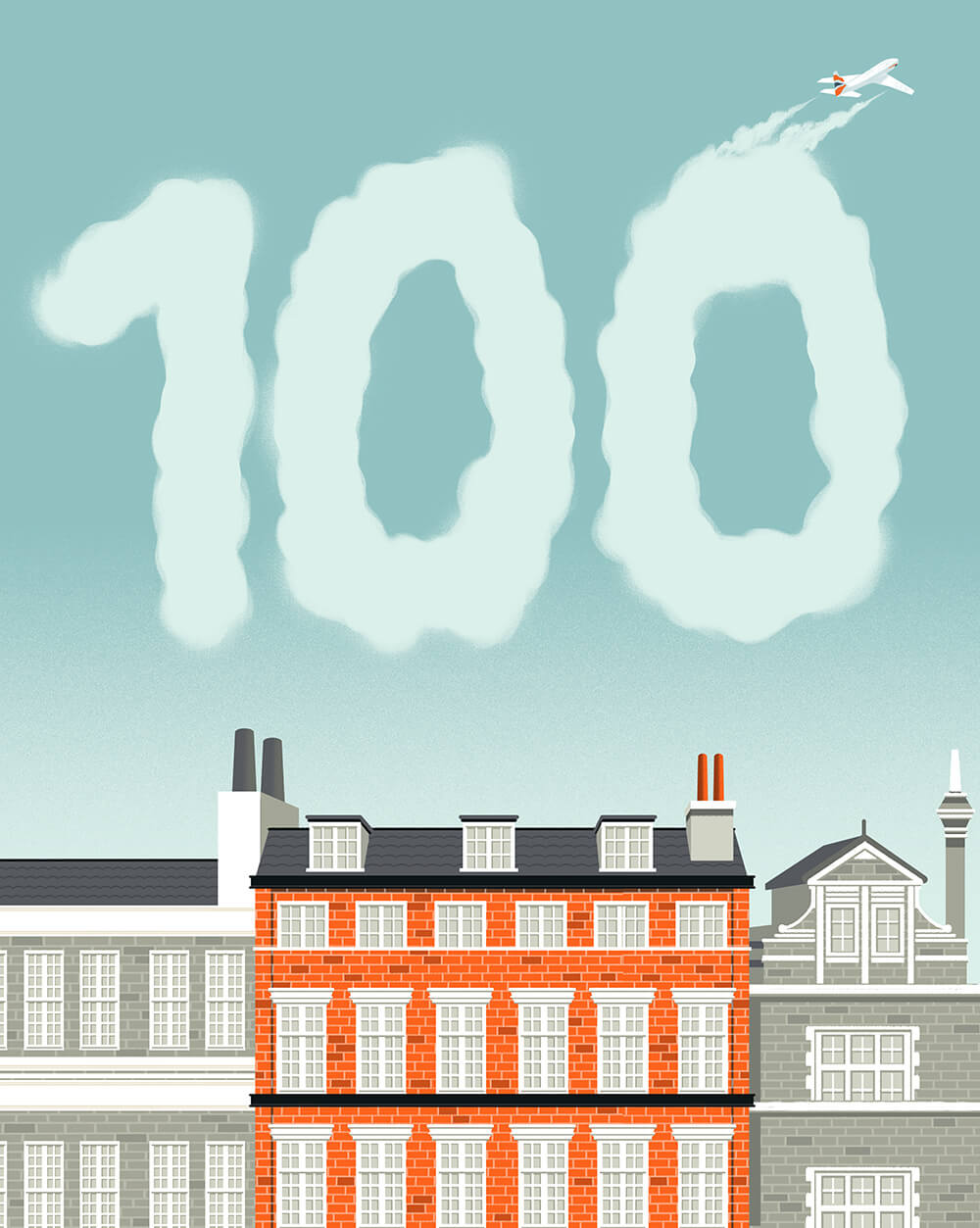
BRITISH AIRWAYS 100 MODERN BRITONS
British Airways has been connecting citizens of the world for 100 years, and serves more than 200 destinations in 75 countries with its partners. A heritage brand, it looks to the future. Of British origin, it belongs to the world.
That’s why, in the run-up to its centenary celebration in August, BA is curating a selection of influential modern Britons who are leaders in each of ten fields: film and entertainment, science and technology, art and design, the environment, philanthropy, sport, music, food and drink, fashion, and business.
All share a set of values that help make modern Britain the creative, open-minded, pioneering and welcoming place it is today.
Meet the first British Airways Modern Britons at ba.com/100
Illustrations: Rui Ricardo/Folio Art



